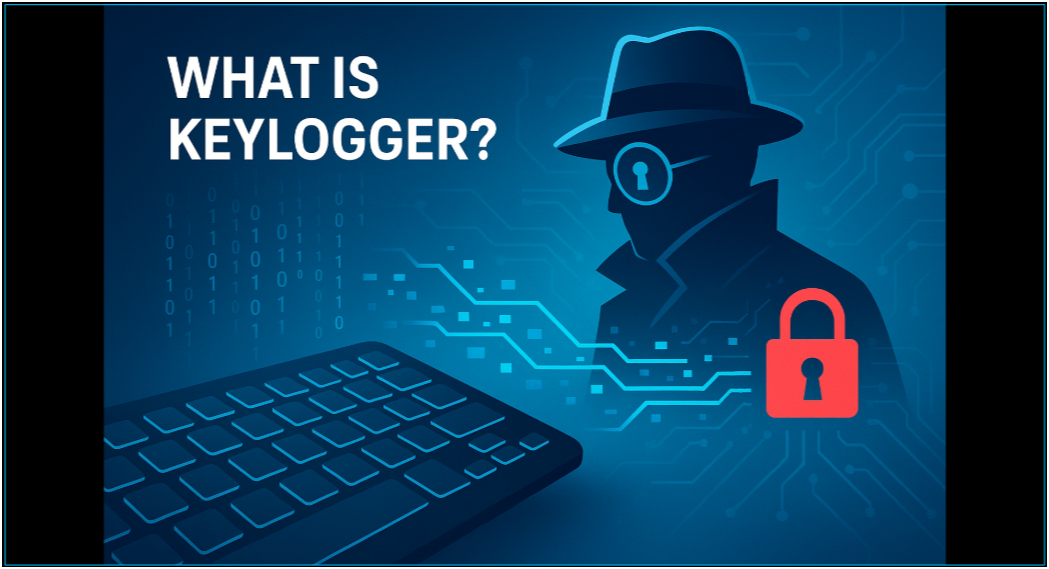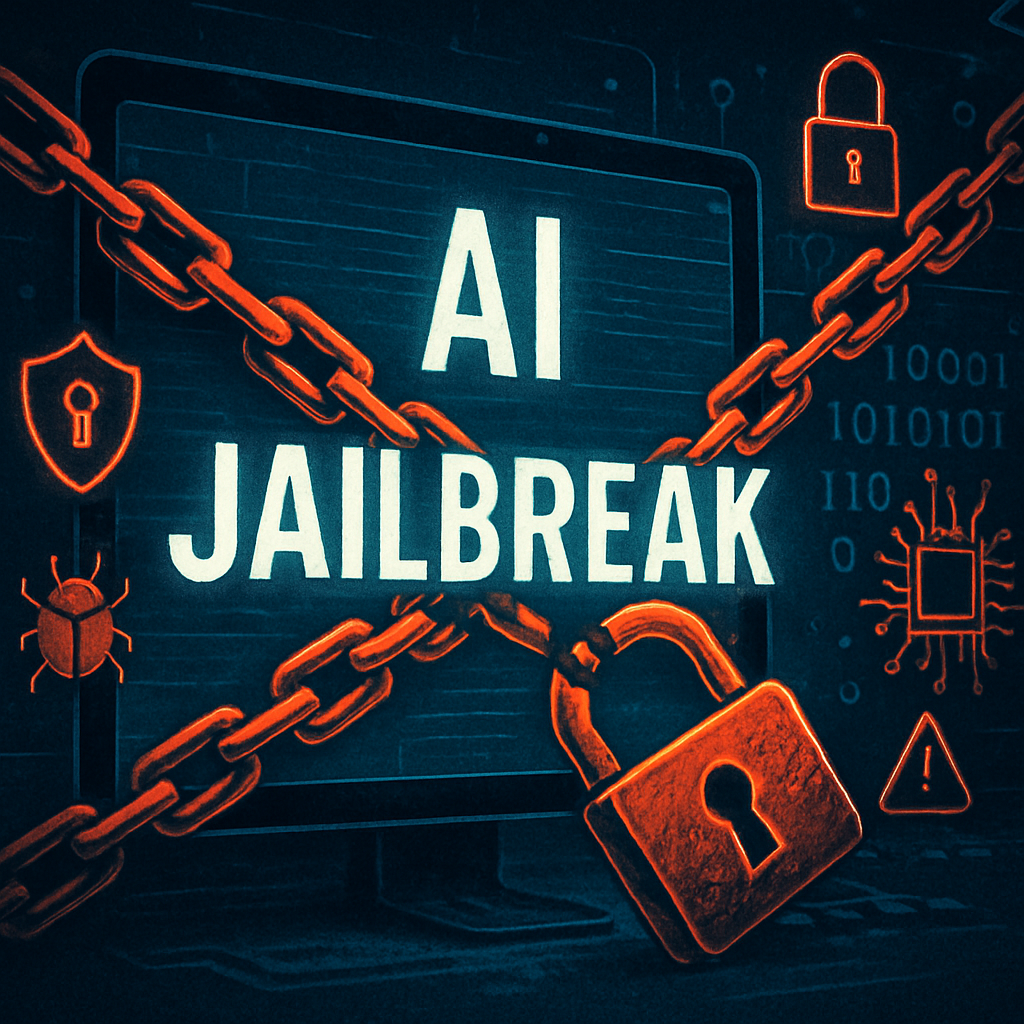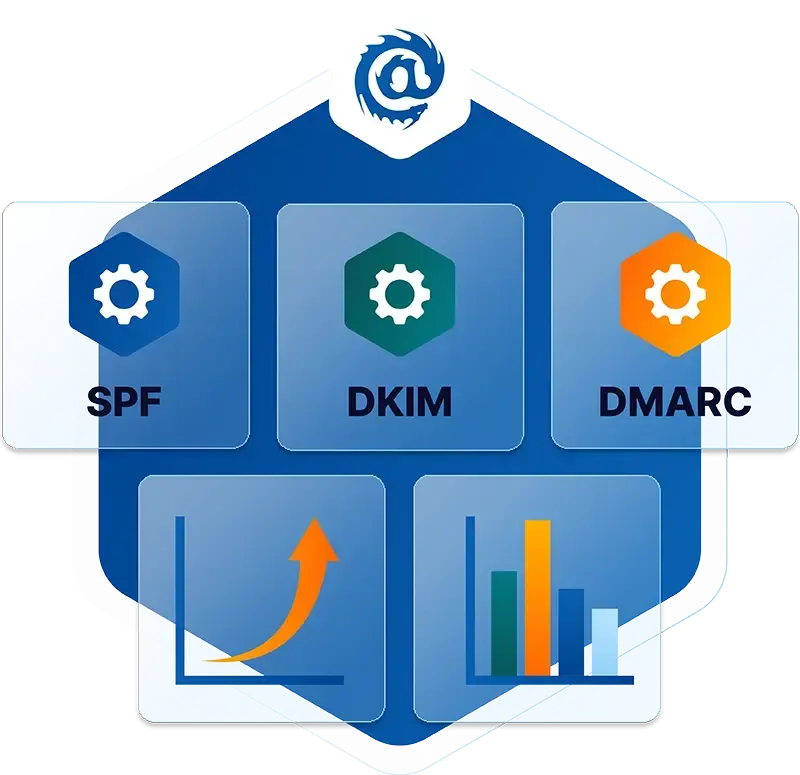Table of Contents
MFA Bypass Attacks Explained
MFA bypass attacks encompass various strategies employed by cybercriminals to overcome the additional security measures introduced by MFA. These attacks often leverage social engineering tactics, phishing, or exploitation of vulnerabilities in the authentication process to deceive users and gain unauthorized access. Attackers may target specific MFA components, including passwords, tokens, or biometrics, to achieve their objectives.
How MFA Bypass Attacks Work
MFA bypass attacks typically involve three common techniques: MFA fatigue, man-in-the-middle, and token theft.
- MFA Fatigue: Attackers exploit stolen credentials (username and password) to initiate repeated login attempts, bombarding targeted users with MFA verification requests until they inadvertently approve access.
- Man-in-the-Middle: Threat actors intercept communications between users and legitimate authentication platforms, redirecting users to fake login pages to capture credentials and MFA tokens.
- Token Theft: Attackers steal session cookies stored on endpoint devices, allowing them to impersonate legitimate users and bypass MFA mechanisms without requiring additional authentication.
What Role Does MFA Bypass Play in Email Security?
MFA bypass poses a significant threat to email security, as attackers may exploit vulnerabilities in authentication processes to compromise email accounts and launch phishing campaigns. By circumventing MFA mechanisms, threat actors can gain unauthorized access to sensitive information, impersonate legitimate users, and deceive recipients into disclosing confidential data or executing malicious actions.
How to Identify and Protect Against MFA Bypass Attacks
To mitigate the risk of MFA bypass attacks, organizations should implement proactive security measures and raise awareness among users. Key strategies include:
- Conducting regular security awareness training to educate users about phishing techniques and social engineering tactics.
- Implementing advanced threat detection and response solutions capable of identifying suspicious activities indicative of MFA bypass attempts.
- Enforcing strict access controls and authentication policies to prevent unauthorized access to sensitive systems and data.
- Deploying email security solutions that offer real-time protection against phishing attacks and malicious URLs, including MFA bypass attempts.
IRONSCALES MFA Bypass Attack Prevention
IRONSCALES offers comprehensive solutions designed to combat MFA bypass attacks and enhance email security. Our platform leverages advanced threat intelligence, machine learning algorithms, and real-time detection capabilities to identify and mitigate emerging threats. Key features include:
- Automated incident response and remediation workflows to swiftly address suspicious activities and mitigate potential risks.
- Adaptive authentication mechanisms that dynamically adjust security controls based on user behavior and risk factors.
- Integration with leading email security solutions and threat intelligence feeds to provide multi-layered protection against MFA bypass attacks and other sophisticated threats.
- Continuous monitoring and analysis of email traffic to detect anomalies, phishing attempts, and malicious attachments, enabling proactive threat detection and response.
By partnering with IRONSCALES, organizations can bolster their defenses against MFA bypass attacks and safeguard their email infrastructure from evolving cyber threats.
Learn more about IRONSCALES advanced anti-phishing platform here. Get a demo of IRONSCALES™ today! https://ironscales.com/get-a-demo/
Explore More Articles
Say goodbye to Phishing, BEC, and QR code attacks. Our Adaptive AI automatically learns and evolves to keep your employees safe from email attacks.

/Concentrix%20Case%20Study.webp?width=568&height=326&name=Concentrix%20Case%20Study.webp)












